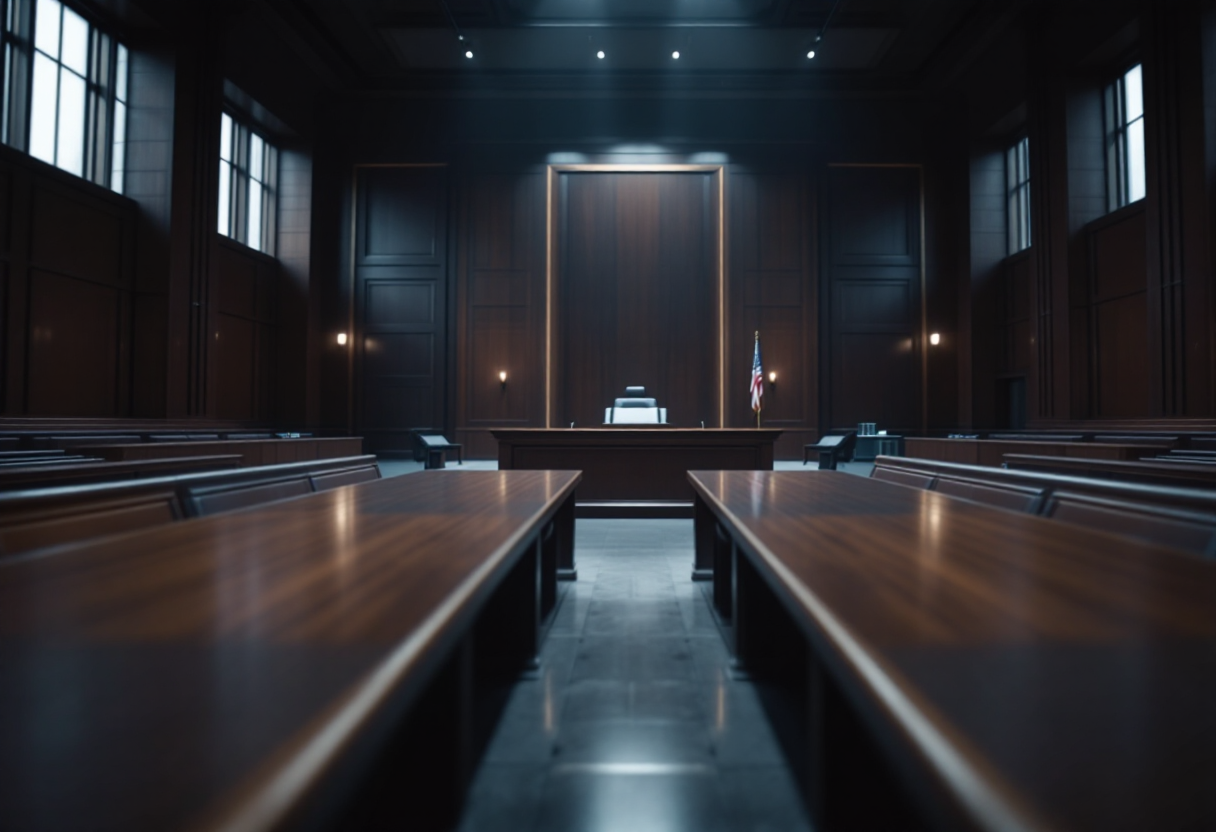Table of Contents
Understanding the context of Hunter Biden’s pardon
In a move that has sparked widespread debate, President Joe Biden recently granted a pardon to his son, Hunter Biden, who faced serious legal challenges stemming from federal gun and tax violations.
This decision, announced just before the president’s departure from the White House, raises questions about the intersection of personal accountability and political influence. Hunter Biden, who has openly discussed his struggles with addiction, stated that he has taken responsibility for his actions, which he claims have been used as a political weapon against him and his family.
The implications of the pardon
The pardon applies to offenses committed by Hunter Biden from January 1, 2014, to December 1, 2024. President Biden defended his decision, arguing that his son was treated differently compared to others in similar situations, suggesting that political motivations played a role in the prosecution.
This assertion has ignited discussions about the fairness of the justice system and whether Hunter’s case was influenced by his father’s political standing. Critics argue that the pardon undermines the rule of law, while supporters see it as a necessary act of compassion for a father protecting his son.
Public perception and political ramifications
The public’s reaction to Hunter Biden’s pardon has been polarized. Many view it as a reflection of the deep-seated political divisions in the United States, where personal and familial ties can complicate legal proceedings.
The president’s statement emphasized his belief in the justice system, yet he also acknowledged the role of ‘raw politics’ in the prosecution of his son. This situation highlights the challenges faced by public figures who navigate the complexities of personal crises under the scrutiny of the media and political opponents.
As the narrative unfolds, it remains to be seen how this pardon will impact both Hunter Biden’s future and the Biden administration’s legacy.




